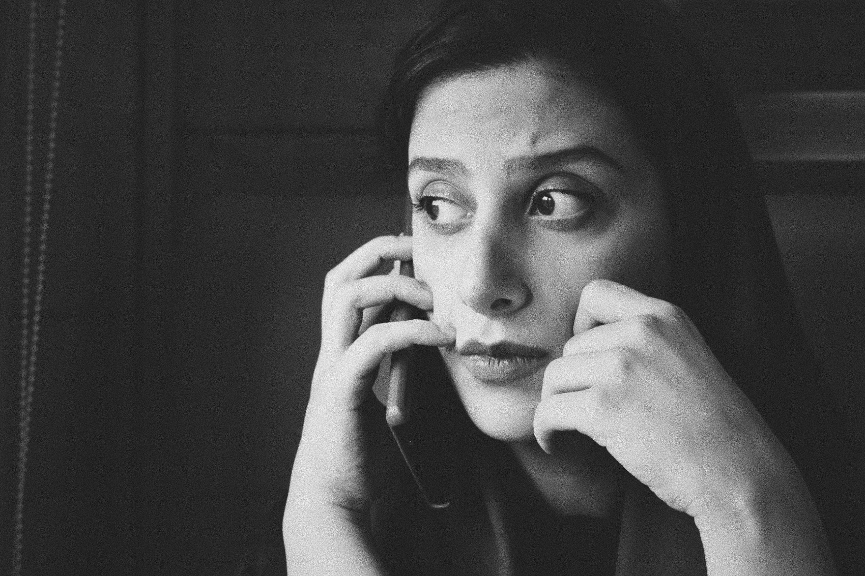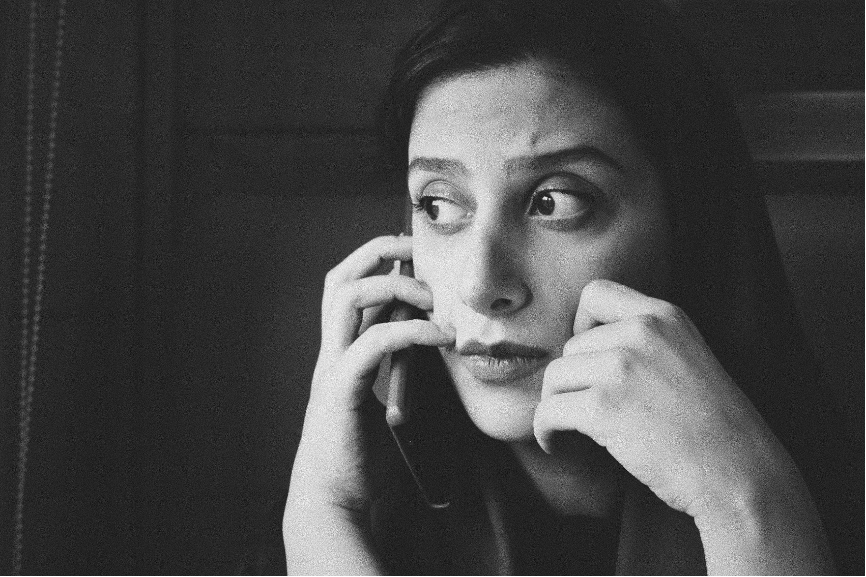

I am now in my 40s but have felt like a mature adult for most of my life. Sometimes as children we sat at the top of the stairs in silence until our parents’ arguments had stopped and we could go to sleep. As a teenager I used to count the number of bottles of wine, gin and beer they got through in a week at home – and lecture them. As an adult I tried to learn from my sister and distance myself emotionally.
Of both my parents, he was a melancholy alcoholic, not physically abusive, so emotional blackmail was the worst we really ever suffered from him. She was emotionally erratic, unpredictable, and would swing into black moods or verbally violent outbursts quickly. We learnt to keep our heads down. As their relationship openly failed in my teenage years, I was called on as confidante to each of them, and tried to be supportive, taking on emotional responsibility I didn’t have the experience to deal with. For a few years I developed eating disorders and self-harmed.
My father, a high-achieving, intelligent, company executive, with a multitude of talents died of total organ failure brought on by alcohol abuse 10 years ago. My mother, also with a successful career behind her, divorced him a year before he died, leaving my sister and me to care for him at home in the final throes of his illness. We both lived and worked about an hour away, so it was a difficult time, which we shared in shifts. The worst thing was the isolation; the phone never rang. Someone dies of cancer, it’s a tragedy, someone dies of alcoholism it’s an embarrassment.
My mother put herself into an expensive private rehab clinic 3 years after my dad died and contacted us on arrival. We had both minimized contact with her because of the verbal and emotional abuse we suffered from her following my father’s death. She was in a humiliated physical state then, yet four weeks later we saw her as herself for the first time in our whole lives – she was a kind and thoughtful person. But her sobriety only lasted 6 weeks. Gradually it slipped back into the bottle of wine plus a day, the casual drink driving, the angry abusive phone calls: “I love/hate you”, “I’m proud of you” / “ What the hell are you doing with your life? Just get on with it!”, “You owe me”, ‘I gave up ten years of my life for you”.
I wanted to save at least one of my parents, and asked a cognitive therapist I knew to help my mother. He warned me he had cured heroin addicts, but never alcoholics; he couldn’t get her to accept responsibility for her actions. She has also been to AA, but got bored of listening to everyone else’s stories. She has had one-to-one counseling, but decided the psychiatrist was ‘mad’. She hides her drinking: vodka watered down in water bottles, white wine in tea cups. In public, to normalize her behavior, she will carefully match you drink for drink. This is harder to deal with than my father who openly acknowledged his weakness, and asked us to accept it.
I no longer bother questioning my mother about her drinking, nor do the doctors. Last year she came to visit me, but made herself so sick she was vomiting up blood and soiling herself in the street. I drove her the 2 hours back home, called the doctors and she admitted she needed to stop drinking. Three days later, everything was denied. The cause of her ailments are always due to something else.
This year she has collapsed in the street, fallen down the stairs, and perforated an ulcer. The hospital patched her up, detoxed her with Librium. Two days after she was released, I visited her again, and the tremors were back, as was the smell on her breath. I cleaned out the fridge, made sure she had something to eat and left.
This year there will be more ‘unusual health problems’, and every year after. And I will eventually bury her, just like I buried my father. I will call her every week to monitor her state, and make sure she isn’t making herself destitute with opportunistic drinking partners. I will listen to the rambling monologue, tell her any news briefly, which she will forget again, ask about again, and react disproportionately to and audibly pour another drink. I will tell her I love her, hang up, and spend the next few hours trying to get control of my thoughts again.
We spent ten years watching my father die, after 20 years of watching them fight. While we went through the motions of getting on with our lives, we still spent most of our time together talking about them and looking over our shoulders for the next crisis. Now I am waiting for my mother to die, and I no longer feel guilty about hoping it will be sooner rather than later. It would be kinder to us all.
My sister had the opportunity to work overseas. I actively encouraged her to leave – so she could finally have a chance at her own life, find a partner, and have a family. Thankfully she has.
I don’t think either of us ever really knew what a normal loving relationship looked like, had the trust in others or, quite reasonably, had the confidence we could trust our instincts in identifying someone we could depend on. Our emotional expectations of others are often wildly out; I am certainly an optimistic cynic, hoping for the best and expecting the worst in everyone. What I know now is, however we’ve turned out, it’s not our fault. I just wish it had been different.
Kate

























































































